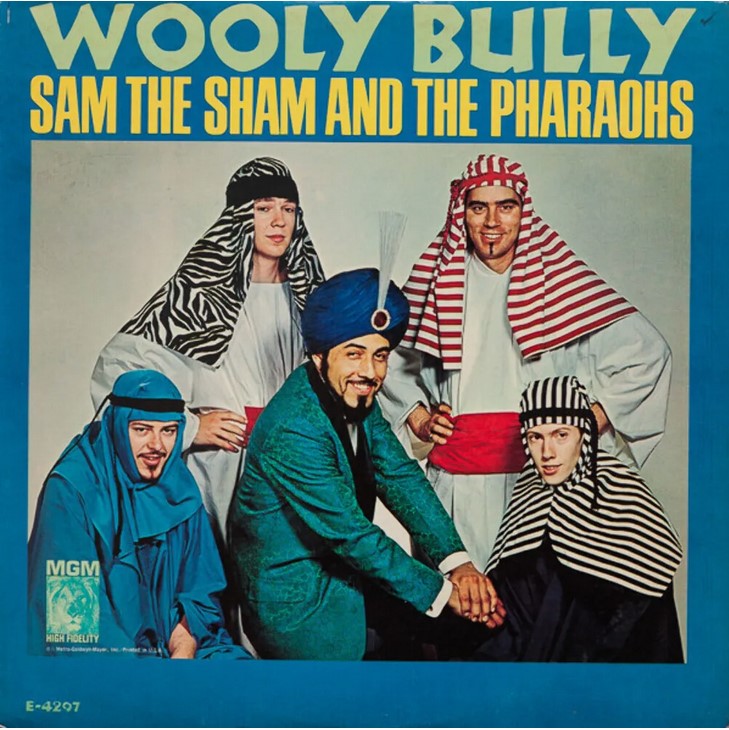
Word of the Day: Foible
Today’s word of the day, courtesy of the Word Guru, is foible. Foible is a noun that means “a minor weakness or flaw in someone’s character, behavior, or personality,” according to the Word Guru daily email. But it can also mean, “the weaker part of a sword blade, between the middle and the point (opposed to forte)” (https://www.dictionary.com/browse/foible).
The word entered the English language in the “1640s, ‘weak point of a sword blade’ (contrasted to forte), from French foible ‘a weak point, a weakness, failing,’ from noun use of Old French adjective feble ‘feeble’ (see feeble). The spelling borrowed in English is obsolete in modern French, which uses faible. Extended sense of ‘weak point of character’ is first recorded 1670s” (https://www.etymonline.com/search?q=foible). The word forte also entered the language in the “1640s, fort, from French fort ‘strong point (of a sword blade),’ earlier ‘fort, fortress’ (see fort). Meaning ‘strong point of a person, that in which one excels,’ is from 1680s. Final –e– added 18c. in imitation of Italian forte ‘strong’” (https://www.etymonline.com/search?q=forte).
Two things of note. First, with both of these words we have more examples of broadening or generalization, where a word takes on a wider meaning than it originally had. These words go from referring specifically to the weakness or strength of a blade, and then broadens to mean a person’s weakness or strength. The other is that forte, with the meaning of a person’s strength, is traditionally pronounced as one syllable, without the final /e/. The word with the final /e/ is from music, having come from Italian rather than from French. But most people now pronounced both words after the Italian, whether by imitation or from the spelling I cannot say.
According to On This Day, on this date in 1965, Sam the Sham and the Pharaohs released their best-selling hit, “Wooly Bully” (https://www.onthisday.com/events/march/12). The song reached number 2 on the Billboard Hot 100 on June 5, 1965, and stayed “on the Hot 100 for 18 weeks, the most weeks for any single within the calendar year 1965, 14 of which were in the top 40. The record achieved the distinction of becoming the first Billboard ‘Number One Record of the Year’ not to have topped a weekly Hot 100 and remained the only one for 35 years” (https://en.wikipedia.org/wiki/Sam_the_Sham).
Domingo Samudio was born in Dallas in 1937. He joined the Navy after graduating from high school, where he picked up the nickname Big Sam. After his service, he studied voice at what is now UT Arlington for a couple of years, but he dropped out. He said, “I was studying classical in the daytime and playing rock and roll at night. That lasted about two years, before I dropped out and became a carny” (ibid.).
In 1961, Sam formed a group called the Pharaohs. He was “inspired” by Yul Brynner’s portrayal of the Pharaoh of Egypt in The Ten Commandments. The group did not last and did not sell the one record they made.
In 1963, Sam joined a group called the Nightriders when their organist quit. Sam knew one of the members of the Nightriders from the Pharaohs. While playing with this group, other members of the group joked about Sam’s lack of quality as a singer, and from that joke he conned the nickname Sam the Sham.
While playing in Memphis, two of the members of the Nightriders decided to leave the group and return to Texas. Sam and David Martin, who played bass, picked up three new members and changed their name to Sam the Sham and the Pharaohs. The group then recorded “Wooly Bully” at the end of 1964, and they became somewhat famous. They followed up “Wooly Bully” with some minor success, but they never recaptured the lightning, and they broke up shortly after over finances (ibid.).
Later, a record producer put Sam in with some new guys under the old name, and that version of the Pharaohs hit the charts with “Li’l Red Riding Hood,” which hit number 2 in April of 1966. The rest of Sam’s production with the Pharaohs are generally called novelty songs (ibid.). But those of us who grew up in the 50s and 60s remember Sam the Sham and the Pharaohs for those two number 2 hits.
When my wife and I started grad school, in the business school at UGA, the business school secretary, was named Mrs. Wooly. I used to sing “Wooly Bully” after just about every time I had an encounter. I suppose she was a fine person, but she did tell me and Lydia that she didn’t see how we were going to make it in life. That was almost 45 years ago. Maybe predictions were her foible, not her forte.
Today’s image is the jacket of “Wooly Bully,” on sale on Ebay.